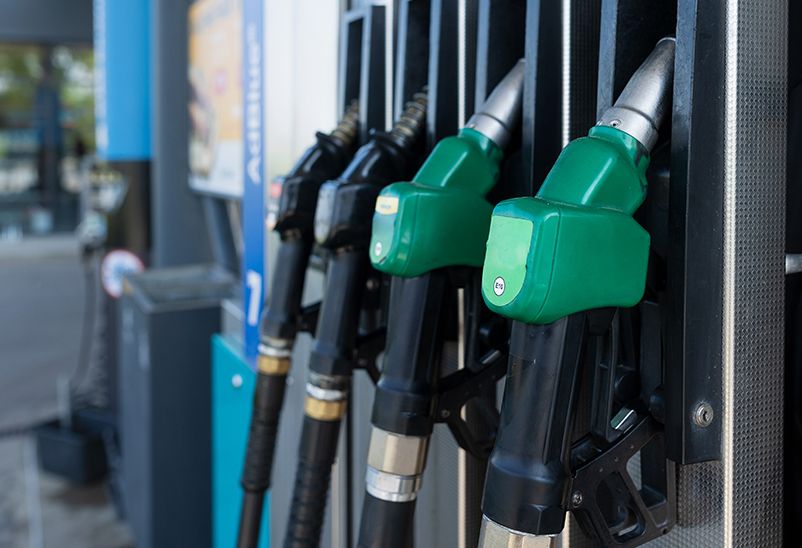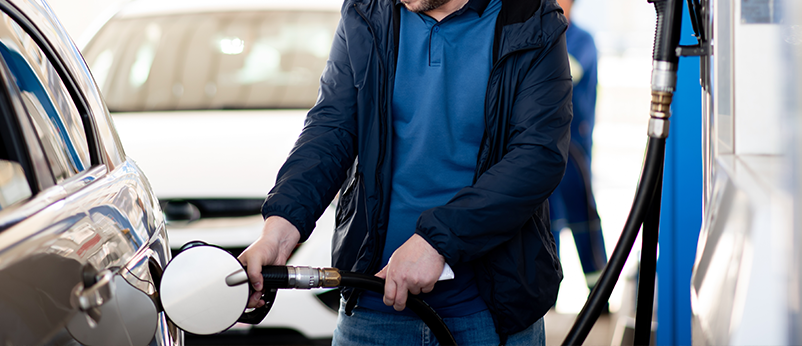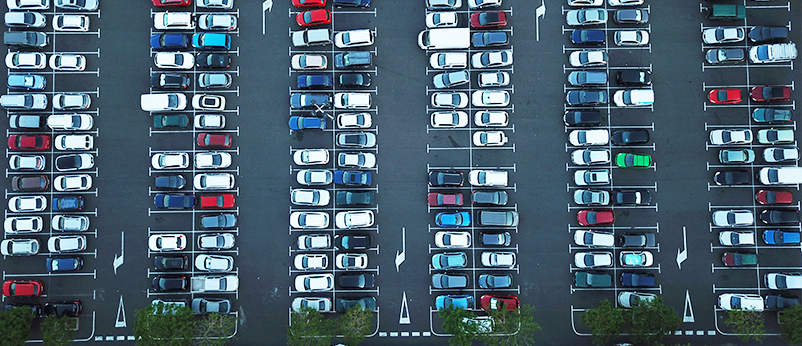How To Save Money On Petrol, Fuel Saving Tips You Need To Know In 2023

The cost of fuel has skyrocketed in the last year. UK drivers are paying an average of 191.53p-per-litre for petrol and 199.05p-per-litre for diesel. According to the RAC, fuel prices in March 2023 are 146.43 for unleaded, 162.39 for super unleaded and 162.35 for diesel.
If you’re wondering why petrol is so expensive and where I can get petrol for the best price, this article might answer your questions.
Why is petrol so expensive?
Fuel prices fluctuate all the time. This is typically due to crude oil prices which are dependent on global supply and demand and geopolitical disruptions.
However, other factors include government taxes, refinement costs, distribution costs and market competition. At the time of writing, the UK government has suspended the tax levy on petrol and diesel prices in the Spring 2023 budget.
The price freeze gives drivers some breathing room, but petrol prices are still high. If you’re looking to save money on petrol, follow these fuel-saving tips.

How To Save Money On Petrol
There are several ways to save money on petrol or gasoline. By following these tips, not only do you save money on fuel costs, but you also reduce your environmental impact.
- Drive more efficiently: The way you drive can have a significant impact on your fuel consumption. Aggressive driving, such as rapid acceleration and hard braking, can significantly decrease your fuel economy. Instead, try to accelerate and brake gently, maintain a steady speed, and avoid excessive idling.
- Keep your vehicle well-maintained: Regular maintenance, such as oil changes, air filter replacements, and tire pressure checks, can help your vehicle run more efficiently and use less fuel.
- Check petrol prices: Use apps or websites that track petrol pricesin your area to find the cheapest petrol stations.
- Combine trips: Plan your trips in advance and combine multiple errands into one trip to avoid unnecessary driving.
- Use the correct fuel: Check your vehicle owner's manual to ensure you are using the correct type of fuel for your vehicle. Using a higher-octane fuel than recommended will not improve your vehicle's performance or fuel economy.
- Use fuel-efficient vehicles: Consider purchasing a fuel-efficient vehicle or an electric or hybrid vehicle that fits your budget.
- Use cruise control:Using cruise control on the highway can help you maintain a steady speed and improve your fuel efficiency.
- Avoid driving during rush hour: Driving in heavy traffic can significantly decrease your fuel economy. Try to avoid driving during rush hour if possible.
- Use air conditioning sparingly: Running the air conditioning can use a significant amount of fuel. Use it sparingly, or consider rolling down the windows instead.
- Carpool: Consider sharing rides with friends or colleagues to split petrol costs.
- Remove excess weight: Carrying unnecessary items in your vehicle can add weight and decrease your fuel economy. Remove any items that you don't need to improve your fuel efficiency.
- Use public transport: If possible, use public transport for commuting or other trips to reduce your fuel consumption.
- Even better, walk or cycle: Walking or cycling for shorter trips not only saves on petrol costs, but it also improves your health.
Where can you get petrol near you?
Petrol stations need to compete on prices to attract more customers. Keep an eye on the price changes at your regular petrol stations.
You can also find petrol stations near you using online maps and apps to find petrol stations near your location. Some popular options include:
- Waze is a navigation app that also shows petrol stations along your route. It provides information on petrol prices and allows users to update prices to keep them up to date.
- PetrolPricePro is a website that allows you to search for petrol stations and compare prices in your area.
- FuelMap is another website and app that allows you to search for petrol stations and compare prices. It also provides information on the services available at each petrol station.
- PetrolPrices.com: PetrolPrices.com is a UK-based website that provides up-to-date petrol prices and allows you to search for petrol stations in your area.
- You can also search for petrol stations on Google Maps by typing "petrol stations" or "gas stations" into the search bar. Google Maps will show you nearby petrol stations and their ratings, directions, and other information.

How To Save Money On Petrol In A Hire Car
When you hire a car, you typically receive it with a full tank of fuel. In return, you are also expected to hand the hire car back with a full tank. The rental company may charge you extra if you return the car with less fuel than when you received it.
There are different types of fuel policies that car rental companies may use. Take note of these otherwise, you could be penalised. And hire car companies to have a notorious reputation for charging customers that do not meet their refuelling requirements.
Full-to-full: This is the most common policy, where you receive the car with a full tank and are expected to return it with a full tank. If you return the car with less fuel, you may be charged for the missing fuel and a refuelling fee.
Pre-purchase: With this policy, you pay for a full tank of fuel upfront and are expected to return the car with an empty tank. You will not receive a refund for any unused fuel.
Partial refund: Some rental companies may offer a partial refund for any unused fuel when you return the car.
It's important to understand the fuel policy before renting a car so you can plan accordingly and avoid extra fees. If you're not sure about the fuel policy, be sure to ask the rental company for clarification before renting the car.
Alternatively, take our car hire excess insurance which covers you for any potential financial loss. Car hire excess insurance covers you for a multitude of incidents which would otherwise result in financial loss.

